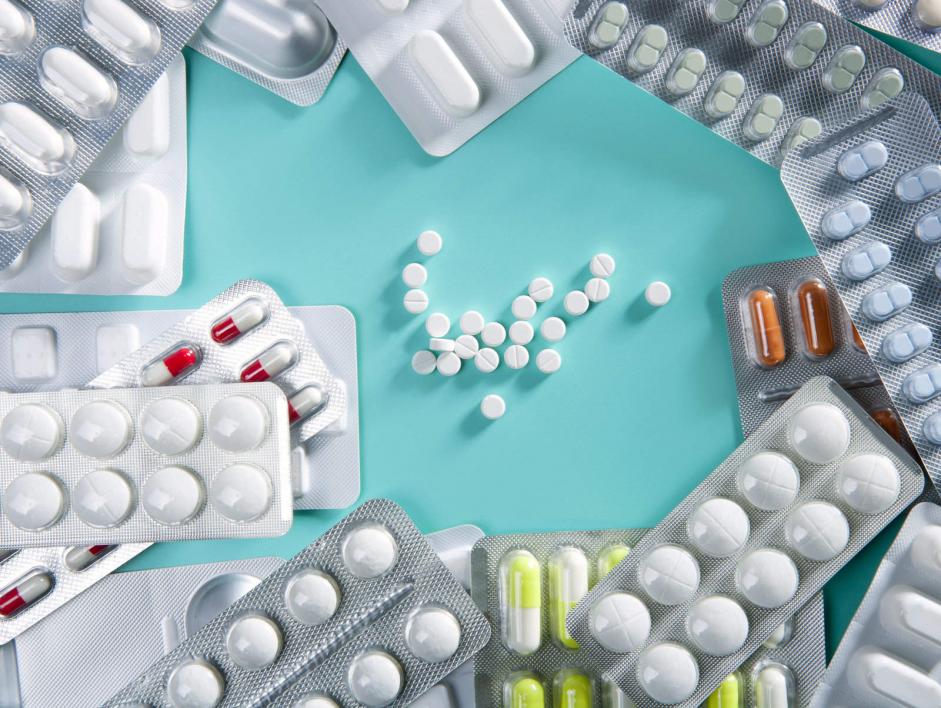While the federal government has been relentlessly chasing down drugs that purport to be “fake marijuana”, one synthetic marijuana manufacturer has been given the green light to manufacture their own formula. Named Syndros, the drug meant as a treatment for AIDS-related anorexia and rid cancer patients of the nausea and vomiting they experience when undergoing chemotherapy.
Insys Therapeutics’, the same company that created the synthetic THC drug Marinol, synthetic marijuana meant for medical use, is manufacturing Syndros. What regulators don’t mention in their approval is that Insys is mired in a fraud scheme involving fentanyl, former executives, and doctors prescribing the drug.
Syndros uses synthetic compounds that mirror those found in cannabis plants, and was approved by the Food and Drug Administration last year. In their own review, the DEA has classified Syndros as a Schedule II drug, considered by the agency as having a high potential for abuse, “but that also could have some therapeutic benefit”. Common schedule II class drugs include oxycodone and methamphetamine.
Drug Maker Under Fire
Syndros is not the first controversial drug that the manufacturer, Insys, has brought to market. In fact, in early 2017, the FBI announced they were seeking patients prescribed another powerful drug made by Insys, named Subsys.
Subsys, a new way for doctors to deliver the powerful narcotic fentanyl to cancer patients, was caught up in what law enforcement describes as a nationwide conspiracy to bribe prescribers of the cancer treatment drug. The FBI wants to the victims who were prescribed the Fentanyl-based pain medication to find out how, and why, they received the prescription and if any laws were broken when the drug was prescribed.
Critics worry that profit is being considered before drug safety, especially as a former drug by the same company, named Subsy, has netted arrests and convictions by the way doctors have been pushing it. And this time it’s not just the doctors who are being charged. In December 2016, several former Insys pharmaceutical executives and managers were arrested for bribing medical practitioners in various states, many who operated pain clinics.
The FBI says that that the arrests are due executive in the pharm company trying to persuade the practitioners to write prescriptions for the drug to their patients, many who were not cancer patients and may not have had the severe levels of pain fentanyl is meant to treat. The executives are also accused of conspiring and misleading insurance companies that didn’t want to approve payment for the drug for non-cancer patients.
As this synthetic marijuana goes to market, officials across the US are still battling other dangerous marijuana fakes and “substitutes” on the street.
However, when it comes to regulated industries, there’s nothing to stop a pharmaceutical company from bringing a synthetic to market even when they’re under investigation for a dangerous fraud scheme similar to the “pill mills” the country has been battling. If people who were prescribed fentanyl and they didn’t need it, then the company is one that risked the lives of patients, not only to overdose but also making it much more likely for them to develop a dependence or addiction. Why aren’t there any penalties preventing new drug releases for a company under this type of investigation?



Leave A Comment
You must be logged in to post a comment.